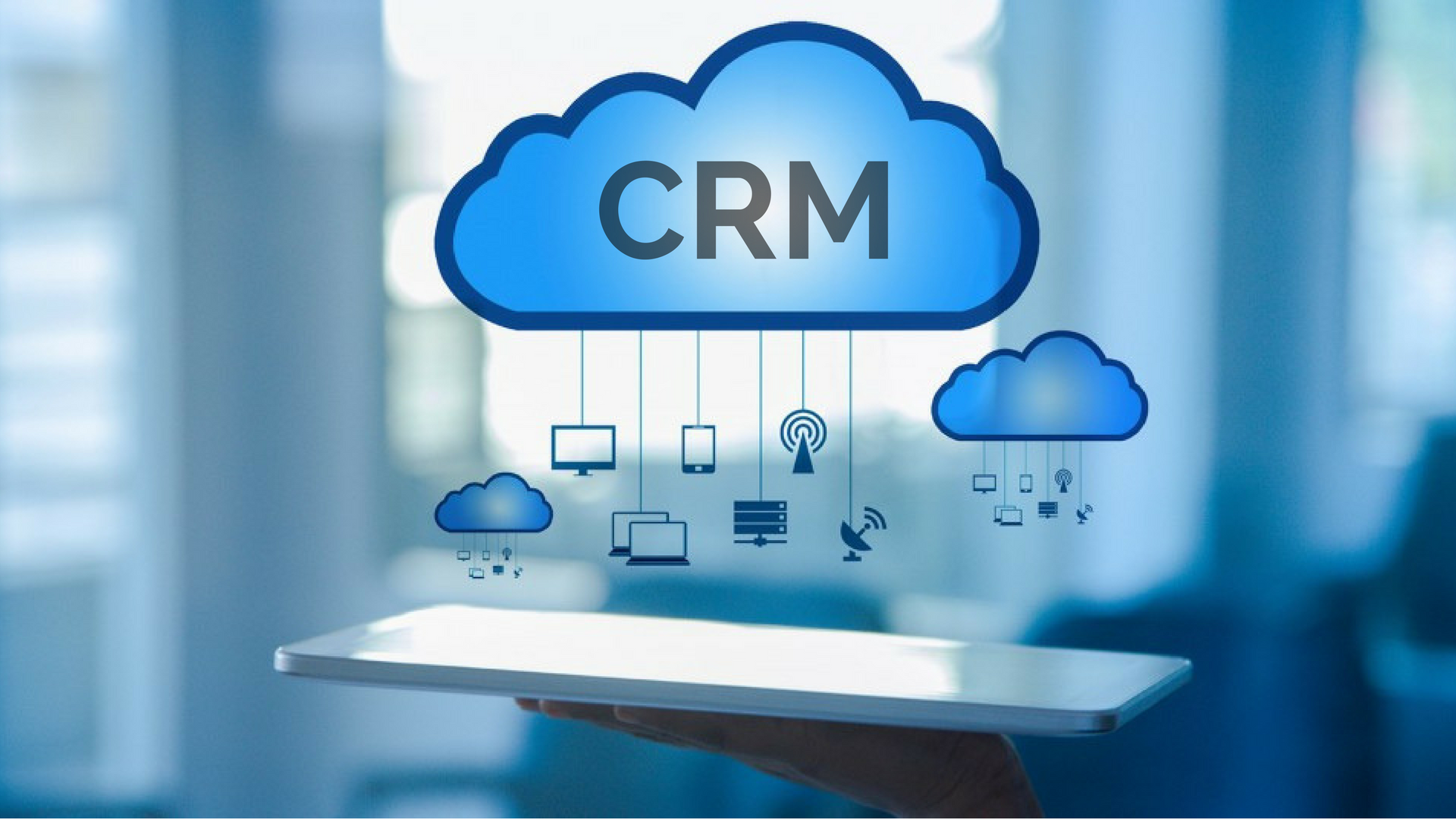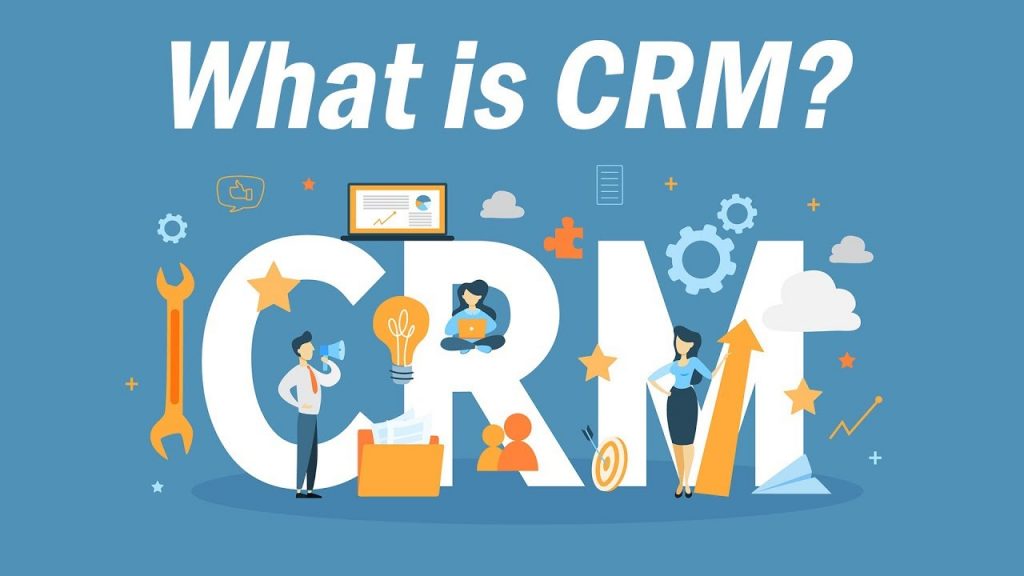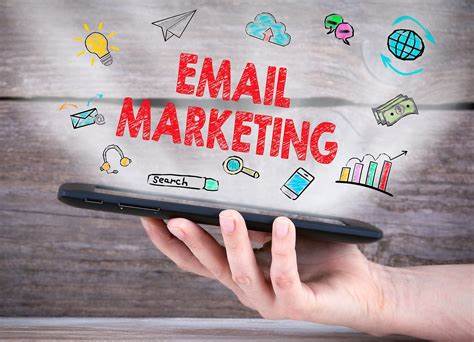
A complete guide to understand the CRM system
The method of management of relationships with current and past, as well as future customers, is Customer Relationship Management (CRM). This is one of the approaches to an organization that allows its own experiences with past, present, and future clients to be handled and evaluated. It uses data analysis on a company’s past to enhance customer relations, primarily concentrating on customer retention and eventually driving revenue growth. You can keep contact data for your clients up-to-date, track every interaction with your company, and manage your accounts via a CRM system. It is built to support you, reinforce the relationship between your customers, and in turn, the importance of customer life. Small companies also have the same business procedures, different back-office structures, and the same difficulty as big companies. Though these companies are fewer sales and employees than big businesses, they have the same challenge: to develop and managed all their customers to provide profitable service and products. They have a narrower workforce than big businesses. Business growth causes the SMEs to understand they can’t afford to communicate informally and frequently with their customers – also a differentiator that has helped them to effectively compete with larger opponents. Unbroken information systems are a part of both small and large corporations’ information technology infrastructure. Traditionally, businesses buy software that satisfies a specific business requirement – financial services, e-mails, inventory, development, distribution. You purchased the product that was most appropriate for your company.
CRM software
Over the decades, along with uncertainty and lack of integration, the number of systems has risen. This means that the organization is faced with difficulties in making decisions based on multiple forms of “truth” that can be duplicated, inconsistent and incomplete and lead to many different versions of the “truth.” CRM software is used to monitor and preserve information on their customers and track different customer interactions.
CRM software cost:
CRM helps you to retain and promote customer loyalty during your relationship with the customer. Marketing, distribution, and support are the key pillars of CRM’s capacity. The Marketing Team uses CRM for targeting, campaigning, and managing guidance. CRM. Sales agent then automates its sales processes with contacts, accounts, prospects, pipeline management, and sales forecasts. The device costs for CRM are charged at approximately $12 per user per month. More designed packages range from $50 to $150 per user per month for larger companies, while most costly CRM systems charge $300 per user per month or more.
Best CRM’system:
Salesforce.com, Freshworks CRM (formerly FreshSales), HubSpot CRM (formerly Microsoft Dynamics CRM), Pipedrive, Insightly, and Zoho CRM are some of the best customer relationship management applications. Software included:
Causes of the CRM system’s failure:
According to CIO magazine, around 1/3 of all customer relationship management projects (CRM) failed in 2017. In reality, this was an average of a dozen analyst reports. The estimates were between 18% and 69%. These failures can involve a tonne — overbudget, data integrity issues, technical constraints, and so on. However, in my work with clients, the fault rate is closer to 90 percent when I ask managers if the CRM system helps their business expand. The key reason they cannot contribute to increased revenues is that CRM systems are being too frequently used to audit — reports on development, enhanced forecast accuracy, visibility, project completion dates, and other business intelligence — rather than enhancing the sales process. For the majority of these capacities, frontline sales professionals and managers seldom see fitness for the company. CRMs also represent many masters, technology, marketing, finance, and, indeed, sales managers, in the C-suite. You attempt to accomplish more targets than any software system can possibly achieve.
Features of CRM system:
1. Contact management
Stores contact information such as names, addresses, and social media accounts in a searchable database. Key considerations: While all CRM software offers contact management functionality, you’ll want to look for a layout and usability that make sense to you. How are the fields laid out? Does it feel easy to use and logically organized?
2. Interaction tracking
Add notes and track interaction history to document conversations with specific contacts.
Key considerations: As you compare shortlisted solutions, think about how many times a prospect will change hands as they move through your sales funnel. You want to choose CRM software that allows all necessary parties to collaborate.
3. Lead management
Manage the process of converting prospects into potential customers (leads) by identifying, scoring, and moving leads through the sales pipeline.
Key considerations: Similar to the contact management feature, the key here is ensuring that the lead management process in your CRM tool of choice flows and transitions in a way that makes sense for your business, and your team. Ask a sales team member to look at this feature with you for all software on your shortlist.
4. Email integration
Integrate with email such as Gmail, Outlook, Yahoo, etc., allowing for management and segmentation of contact lists, as well as a centralized hub for internal cross-collaboration.
Key considerations: Think about how your team primarily communicates. If they’re not used to collaborating within an app, you may want to prioritize CRM software with email integration capabilities.
Conclusion:
CRM software is getting famous day by day, but an SME company needs to know about the pros and cons of using a CRM system. Here we need to know the causes of its failure and the exact usage of CRM systems. In helping businesses raise profits, CRM systems are the key reason they are used too much for inspections, not boosting the sales process. For the majority of these capacities, frontline sales professionals and managers seldom see fitness for the company. You need to rethink your CRM tool if you really want your CRM implementation to improve your profits. Therefore, in its implementation, you invested. Include your marketing efforts in sales events as well. Using the CRM as the glue, this kind of incorporation would boost marketing efforts to build seriousness and sales skills to speed up sales cycles. Finally, sales managers need to use this to build plans together for big opportunities and assist the sales team in optimizing opportunities in the sales process.



